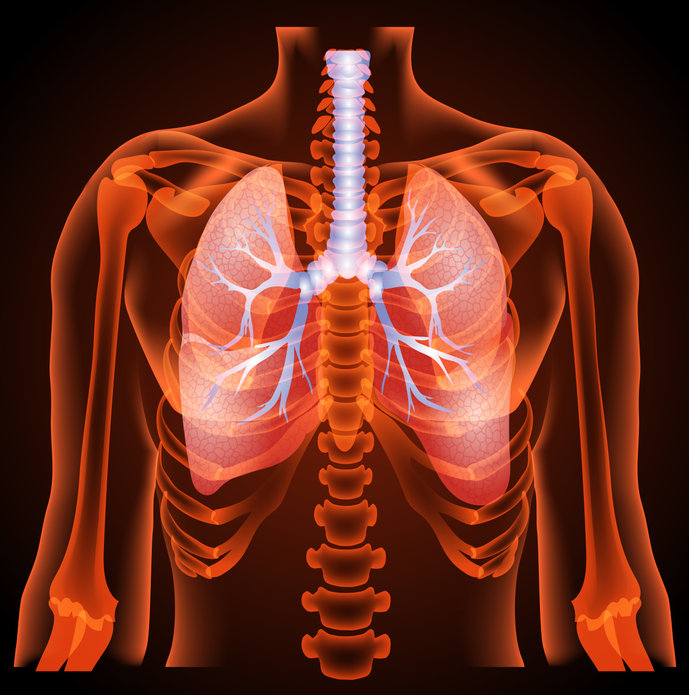Drug overdoses, sudden injuries, respiratory issues, and myriad other health concerns can trigger cardiac arrest. Cardiac arrest is a leading cause of death, but many of these deaths are preventable. Every year, more than 383,000 cardiac arrests occur outside of hospitals. Bystanders providing CPR immediately can double or triple the chance of survival. The figure is even higher when trained first responders are prepared to perform CPR while managing the airway. Airway management is key to successful CPR, and first responders must have the right equipment ready to go.






















